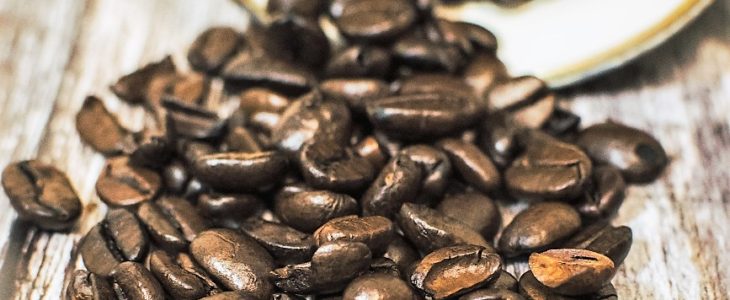Nothing seems to start the morning off right like a cup of coffee but is an added expense over the course of the year. For a lot of people, the daily routine starts at Dunkin Donuts or Starbucks. Don’t get me wrong, both have great coffee but it adds up quickly. A coffee can easily run between $3-$6; which depending on how often you go, could be expensive in the long run. It can be even more so if you have lattes. If you go daily for a month, you can easily spend $90 minimum, if not up to $180. This over a year can be over $1000! You can save a lot of money by brewing your own coffee at home rather than going out. Here we breakdown brewing vs buying coffee!
How much does this save?

There are a few factors that come into play such as brewing pot of coffee vs Keurig (single serving) or what you put in it. The single serving coffee makers have created a way to make a coffee on the go without having to brew a whole pot. K cup prices can vary but on sale can be between $0.25 – $0.35 per cup. If you keep your eyes open, you can find 80ct box of k-cups for $20 especially at Walmart or Christmas Tree Shop. This comes out to a 10.50 per month for 1 cup of coffee per day. If you replace 1 cup of coffee for a K-cup, a total of around $80 savings.
The better deal is to brew a whole pot of coffee as this saves more money overall. You can brew the coffee how you like with either more or less concentrated coffee. So for the sake of this article, we will say that you use 1oz of grounds per 16 oz cup of coffee. This makes it a little easier to compared the net value per cup when purchasing ground coffee. You can opt for higher priced or gourmet coffee such as Starbucks ground coffee which comes out to $0.75 -$1.00+ per cup, usually not over $1.50 per cup.
Or can try the cheaper brands such as Folgers or Maxwell House which can average around $0.40 per serving and as low as $0.16 per serving if you find on sale. These numbers are based on current Amazon prices. If you score a deal and get $0.16, it comes out to under $5 per month per cup. A savings of almost $85.

What else comes into play?
I can’t tell if I’m a coffee snob or have blunted taste buds, but when drinking coffee black you don’t have to worry about adding any extra cost. However, this is not the case with you, it will add a little more expense. If you factor in the amount of creamer and sugar that you may put in it, this adds likely another $0.30-$0.50 cents for both. So if you add in the cost of coffee condiments,If you could be spending on average about $1.00 to maybe $1.25 in most cases.
If you compare this to a latte at Starbucks, you would be saving around a minimum of $1.00 per cup of coffee, if not more. If you are drinking your coffee black, your savings could be more in line to save $2.00 per cup of coffee, more if you are using generic or cheaper brands of coffee. That is per cup of coffee! Over the course of a year that is saving a few hundred dollars, and could be close to a thousand dollars in savings if you usually have Large (venti) lattes, which can be close to or over $5 per coffee!

There is a lot to consider when getting your daily cup of Java. If you need to buy a coffee pot, you may need to invest in coffee pot which could be as cheap as $20 or up to a little over $100. Even with making the initial investment, you could break even within 4 months if you are saving $1 per day with your coffees depending on the cost of the coffee maker. In some cases, even within a couple of weeks, you would be able to break even.
Final thoughts
No matter the case, brewing vs buying coffee seems to be fairly straightforward. You can save a pretty penny if you replace your daily coffee run for a home brewed one. The savings of course will vary from person to person but could be upwards of $900 savings per year by going from brewing your own cup of coffee! Again this does not mean you don’t splurge every once in a while but it does make you think. Using this, you’d be able to put more money towards credit card or student loans or even just putting in your savings.
